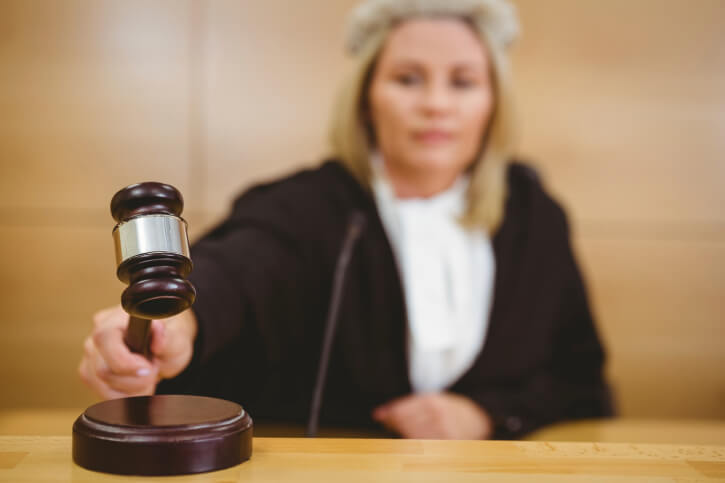
What Is a Class B Felony in South Carolina?
South Carolina has six classifications for felonies, with Class A the most serious and Class F the least serious. Some serious crimes are not included in any of the classifications, such as murder, burglary and incest. Instead, sentences for these crimes are included in laws addressing only those specific offenses. Class B felonies in South Carolina include:
- Assault and battery by mob – 2nd degree
- Failure to stop in an accident that results in a death
- Arson – 2nd degree
- Resisting arrest with a deadly weapon
- Abuse or neglect of a vulnerable adult
Maximum and Minimum Sentences
South Carolina has an indeterminate sentencing system for felonies. That means there is only a maximum penalty listed. For Class B felonies, the maximum penalty is 25 years in prison. Judges also have the discretion to hand out fines for Class B felonies, but there is no range of fines associated with each of the six felony classes. Instead, individual criminal statutes spell out the range of fines that courts can consider.
Extended Sentences
The presumptive sentencing guideline is the first step used by courts to determine felony sentences. The state updated its felony sentencing guidelines so that a variety of factors, including any prior criminal record, the severity of the crime and other aggravating – or mitigating – circumstances all are considered. There is a scorecard that assigns points based on the presence of these various factors. If aggravating circumstances exist – such as the infliction of emotional or mental distress, the cruelty of the crime and what, if any bodily harm resulted – additional points are added and these generally will increase the minimum prison sentence for that particular crime. In some cases, aggravating circumstances can simply add additional time to a sentence or move the sentence for a crime to a higher sentencing level. South Carolina laws also take into account mitigating, such as whether the defendant’s role was minor or passive or the victim was the aggressor.
Loss of Rights and Benefits
As soon as you are convicted you will lose the following rights in South Carolina:
- Qualify for a student loan, receive other government benefits
- Hold some occupations, such as lawyer and accountant, that require state or federal licenses
- Vote
- Qualify to run for state office
- Own or possess a firearm
Someone convicted of a Class B felony in South Carolina automatically has their right to vote restored when they complete their sentence, including any parole or probation obligations. The same is true with the right to hold public office also is restored. Other civil rights, however, are not automatically restored in the state.
Employment and Housing with a Felony Record
It is not possible to hide a felony conviction in South Carolina, particularly a Class B crime, which is one of the most serious in the state. Employers and landlords can legally examine the criminal records of all applicants and consider whatever they discover in making decisions for new employees and tenants. housing or find employment in the state. State officials can make the process a little easier by identifying programs that encourage employers and landlords to select felons, often for a tax credit.
Clearing Your Record
South Carolina has an expungement law, which wipes away a criminal record. However, the law specifically excludes crimes of violence and many Class B felonies – among the most serious in the state – are crimes of violence. Be certain to consult with an experienced criminal attorney to determine if you can seek an expungement for your Class B felony. If not, a pardon can help to restore civil rights, though a pardon does not remove criminal convictions. While there is no required waiting period before applying for a pardon, it often is a good idea to wait several years or more. That makes it possible to show there has been no additional criminal activity and to highlight positive accomplishments. If the application for a pardon is not successful, there is a waiting period of 1 year for a non-violent offender and 2 years for a violent offender. The Department of Probation Pardon and Parole averages about 9 months before issuing a recommendation, according to experts..
For more details on all crimes in South Carolina, as well as sentencing information, go to Title 16 of the South Carolina Code of Laws.
This article is for informational purposes only. If you need legal advice you should visit an attorney.